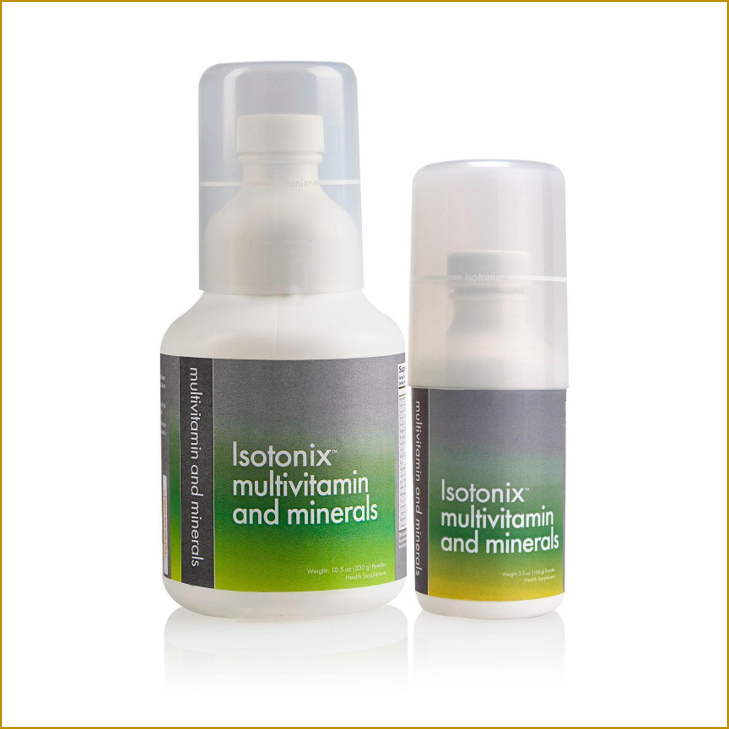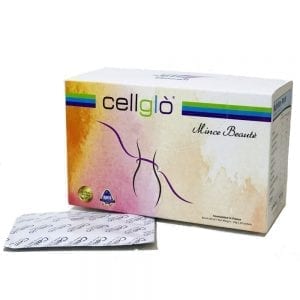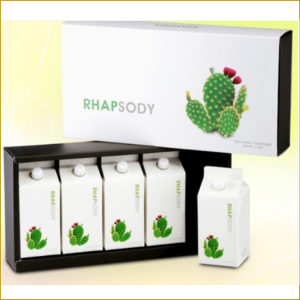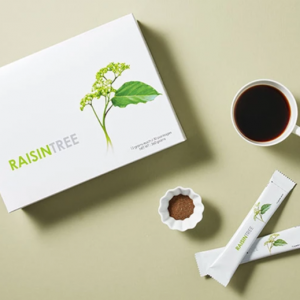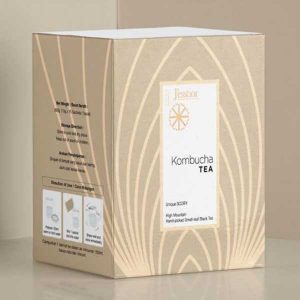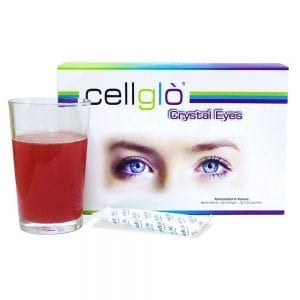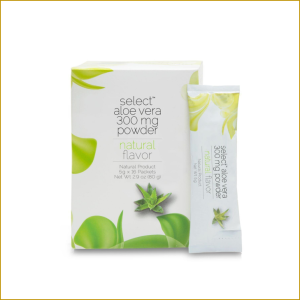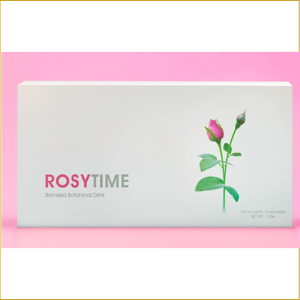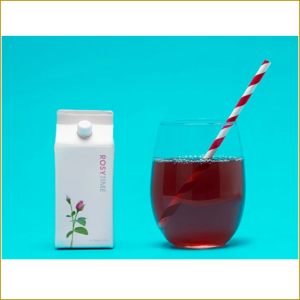Benefit
- Supplements dietary intake
Details
Vitamin and mineral supplements are considered essential for everyone, as they help provide vitamins and minerals that may be lacking in our diet.
Vitamin and mineral supplements help to support a healthy body. There is no substitute for a healthy, well-balanced diet; however, in today’s fast-paced lifestyles, it doesn’t hurt to supplement the body with multivitamin available.
Ingredients
Beta Carotene (Vitamin A precursor)
Beta-carotene, also known as pro-vitamin A, can be converted into vitamin A when required. Vitamin A is a fat-soluble vitamin and is part of a family of compounds, including retinol, retinal and beta-carotene. All the body’s tissues need vitamin A for general growth. Vitamin A helps to promote healthy bones.
Vitamin C (Ascorbic Acid)
Vitamin C is integral in supporting a healthy immune system and providing some antioxidant activity. The body does not manufacture vitamin C on its own, nor does it store it. Therefore, vitamin C must be acquired through diet and supplementation.
Thiamin (Vitamin B1)
Thiamin plays an important role in maintaining good health.
Pantothenic Acid (Vitamin B5)
Niacin (Vitamin B3)
Niacin is a water-soluble vitamin necessary for many aspects of health. It is also important for the conversion of food to energy.
Vitamin B12
It is essential that vegetarians consume a vitamin B12 supplement to maintain optimal health.
Folate (folic acid)
Vitamin B12 and folate help in maintaining normal red blood cells.
Riboflavin (Vitamin B2)
Vitamin B2 plays a crucial role in turning food into energy. Vitamin B2 aids in the breakdown of fats. Vitamin B2 is water-soluble and cannot be stored by the body; thus, it must be replenished daily.
Vitamin B6
Vitamin D3
Regular sunlight exposure is the main way that most humans get their vitamin D. Vitamin D promotes the absorption of calcium and phosphorus. Vitamin D works with calcium to promote healthy bones.
Vitamin E
Vitamin E is actually a family of related compounds called tocopherols and tocotrienols. Vitamin E is one of the fat-soluble antioxidants in the body. In turn, vitamin E helps protect body from free radical damage.
Calcium
The skeleton has an obvious structural requisite for calcium, as well as acts as a storehouse for calcium, apart from being a major constituent of bones and teeth.
A sufficient daily calcium intake is necessary for maintaining bone density and maintaining healthy teeth and bones.
Chromium
Copper
Copper is an essential trace mineral.
Iodine
Magnesium
It works together with calcium and vitamin D to help keep bones strong.
Manganese
It supports the maintenance of bones.
Potassium
Selenium
Zinc
Zinc is an essential trace mineral.
Biotin
| Weight | 1 kg |
|---|


 简体中文
简体中文 English
English